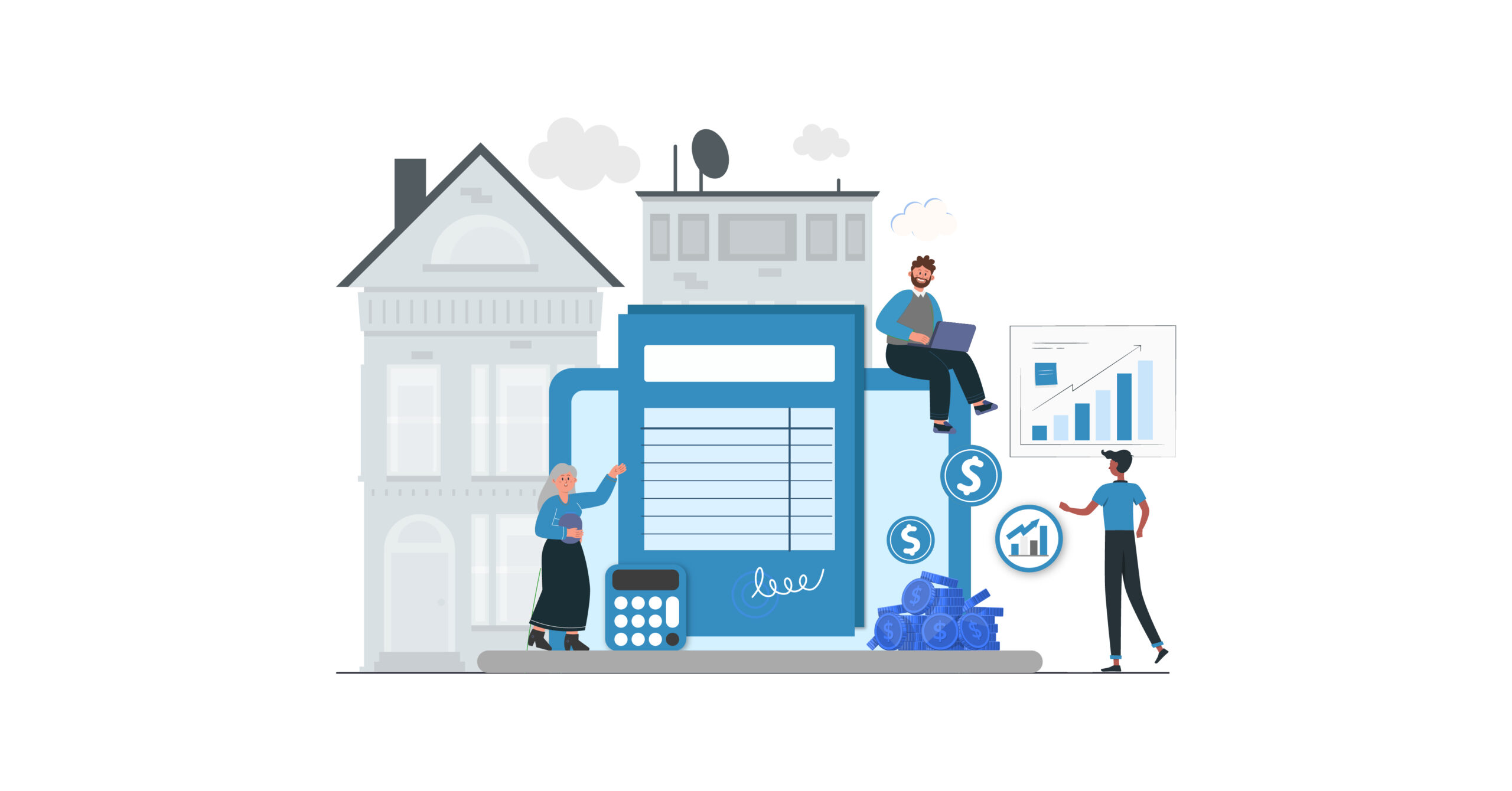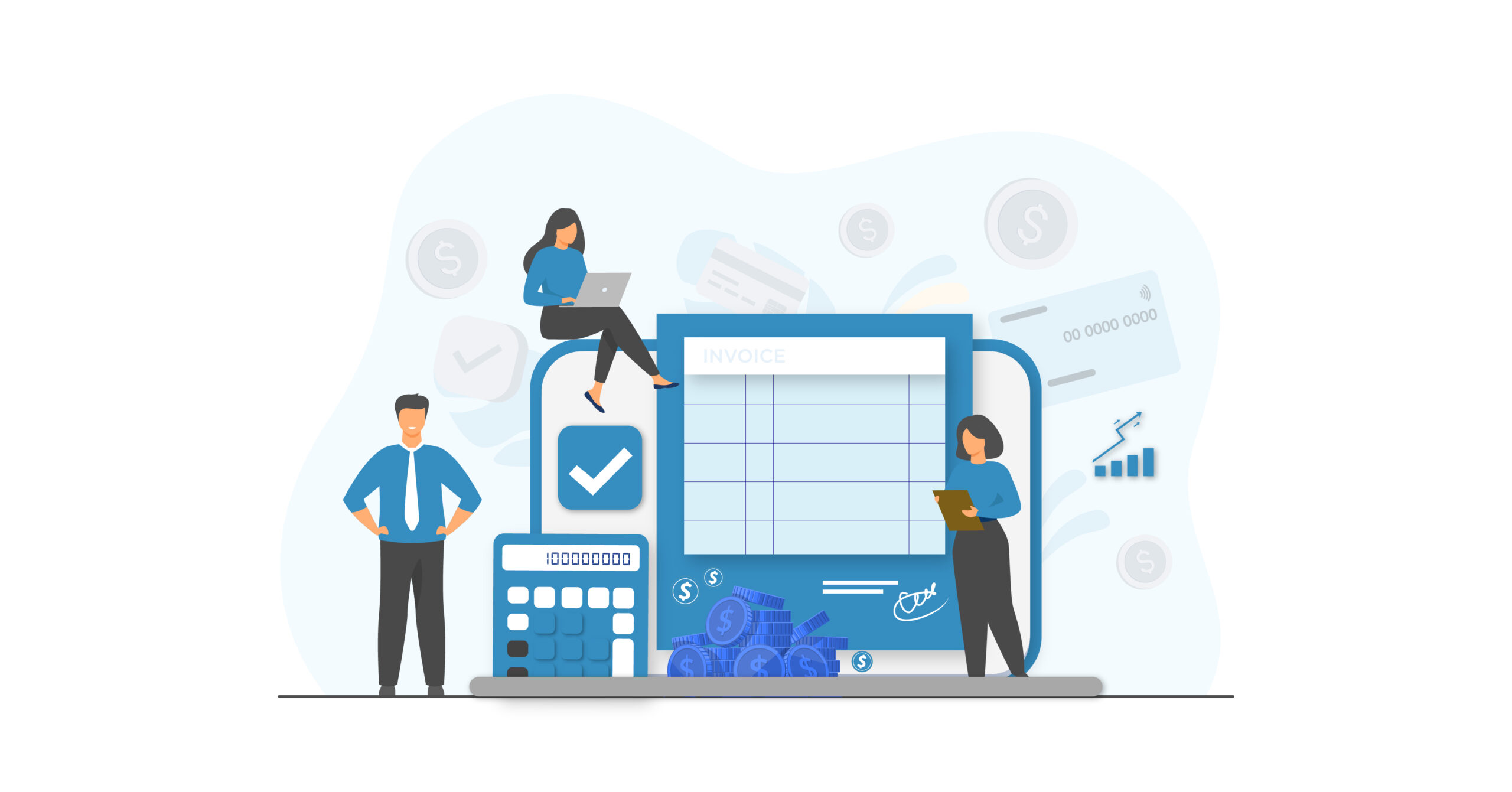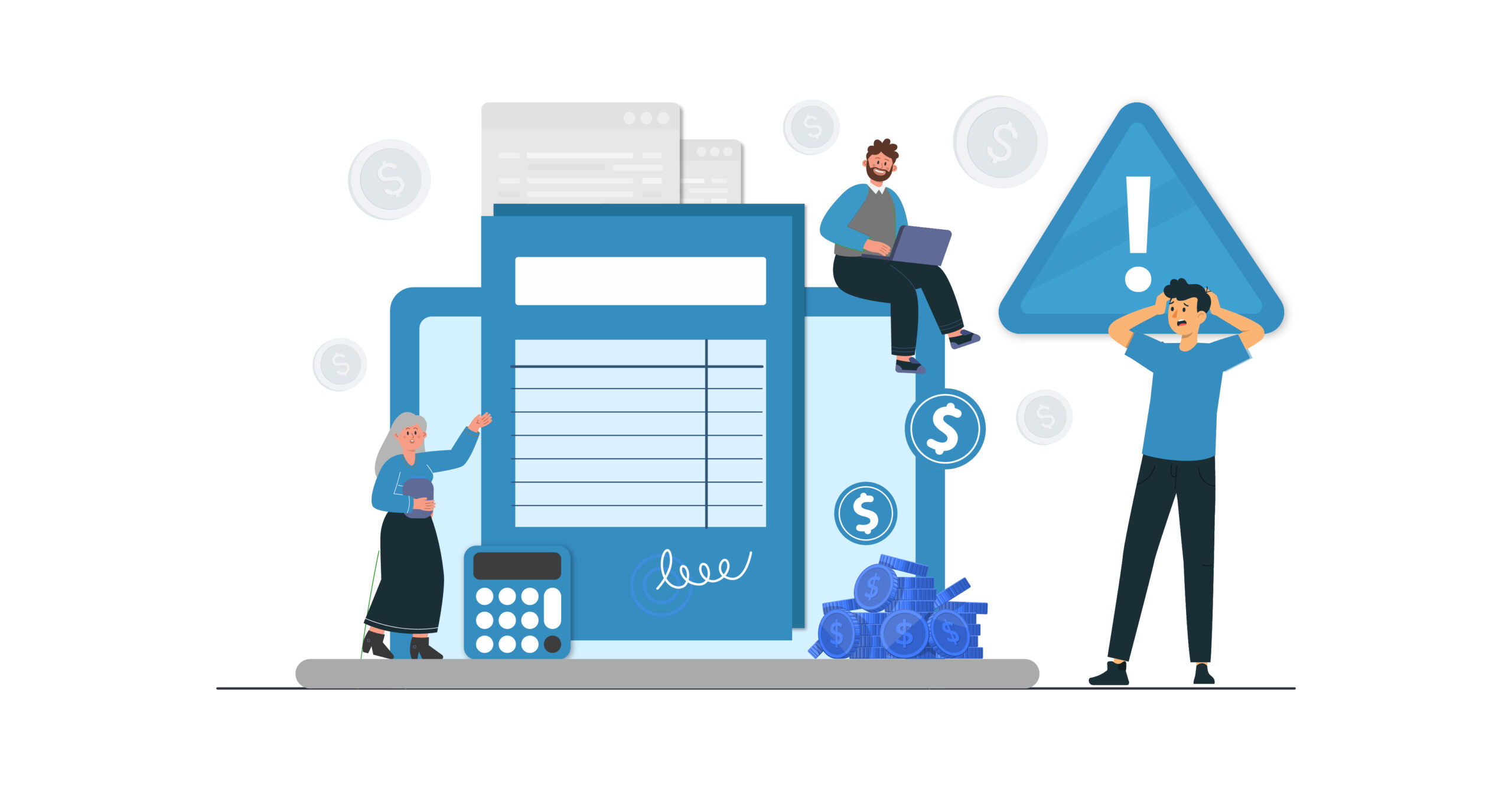Picture this: You’re at the helm of managing invoice processing for a chain of bustling hotels and resorts. With multiple locations spread far and wide, you’re faced with the daunting challenges of consolidating invoices, tracking expenses, and ensuring timely payments across the board. It’s a juggling act that requires precision and attention to detail.
On top of that, manual processes and paper-based systems can lead to inefficiencies, errors, and delays, further adding to your workload.
Today, uncover the best practices that will not only streamline your multi-location invoice operations but also help you save time and money.
1. Implementing a Centralized Invoice System
Deploying a centralized invoice automation stem can enhance efficiency and allow better control over your distributed financial processes.
A single interface can track all the invoices, and utility bills and facilitate vendor management. Industry-specific challenges like high invoice volumes, multiple suppliers, and complex approval workflows can be easily tackled.
A centralized, well-harmonized system facilitates seamless collaboration, ensuring better vendor communication, and timely payments, leading to better financial control.
2. Standardizing Invoice Workflows for Multi-location Invoice Operations
It is important to maintain a standard set of rules of payments across all outlets for financial integrity. It promotes frictionless coordination among different departments and locations.
As a result, standardizing invoice workflows across all locations ensures consistent practices and reduces the risk of discrepancies
3. Invoice Capture and Data Extraction
The most tedious task in invoice processing is the meticulous line-by-line data extraction, making it prone to errors and discrepancies.
However, by leveraging Optical Character Recognition (OCR) technology, the hospitality you can automate the capture and extraction of invoice data. This eliminates the need for manual data entry, reduces errors, and speeds up the processing time.
4. Workflow Automation
Automating approval processes reduces reliance on manual routing.
Invoices are seamlessly routed to the appropriate approvers based on predefined rules, ensuring efficient and timely processing while minimizing delays. Automated notifications and reminders keep all stakeholders informed, further enabling proactive management of invoices.
5. Integration with ERP Systems:
A smooth integration between the Invoice automation solution and existing Enterprise Resource Planning (ERP) systems is necessary.
Eliminating duplicate entries and providing a comprehensive view of financial data, this integration allows for informed decision-making across the entire organization altogether.
6. Vendor Portal and Self-Service
It is important to make your invoice processing vendor friendly.
You can strengthen your vendor relationships by providing a dedicated vendor portal that offers self-service functionalities for invoice submission, tracking, and communication.
It minimizes manual follow-ups and saves time and effort but also builds stronger relationships based on trust and effective communication.
7. Vendor Performance Tracking
Monitoring and evaluating vendor performance is essential for hospitality chains. With advanced analytics and reporting features, you can track key metrics like on-time payments, pricing accuracy, and service quality.
This data-driven approach empowers informed decision-making, identifies areas for improvement, and cultivates strategic vendor partnerships.
8. Audit Trails and Document Management
An Invoice automation solution offers robust document management capabilities, ensuring secure storage, easy retrieval, and reliable audit trails.
This helps meet regulatory requirements, simplifies internal and external audits, and provides a complete transaction history.
9. Data Security and Privacy:
Protecting sensitive financial data is of utmost importance for hospitality chains but can be a major challenge when done manually.
Incorporate advanced security measures to safeguard data against unauthorized access, breaches, and cyber threats. Compliance with data protection regulations ensures data privacy and builds trust with customers, vendors, and stakeholders
How Will You Measure Success in Your Multi-location Invoice Operations?
As you embark on your multi-location Invoice operations, the question arises: How will you measure success?
Think about the time and money you’ll save, the errors you’ll reduce, the improved cash flow you’ll experience, the satisfaction of your vendors, and the valuable insights you’ll gain from data analytics. These metrics will help you gauge your progress and make informed decisions. To supercharge your multi-location invoice operations, consider embracing the power of invoice automation and achieve greater efficiency, accuracy, and financial control.





